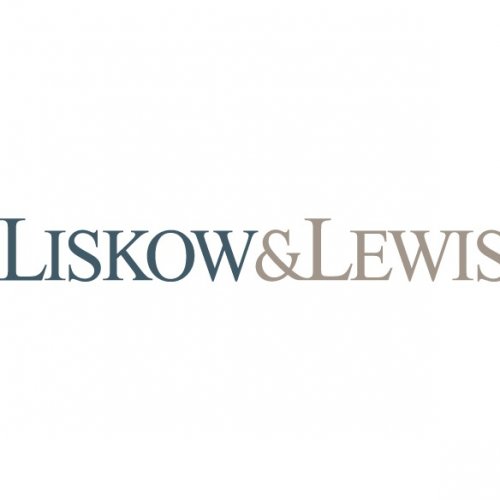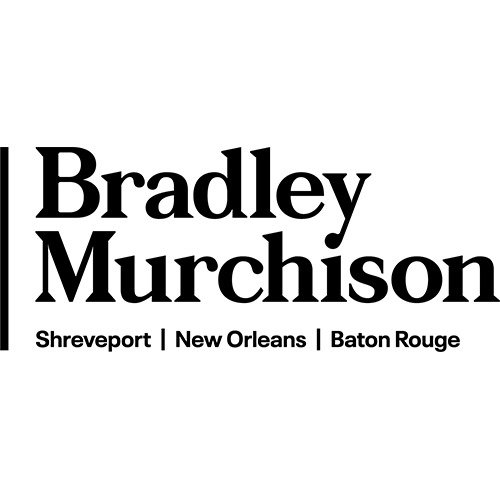Best Business Lawyers in New Orleans
Share your needs with us, get contacted by law firms.
Free. Takes 2 min.
List of the best lawyers in New Orleans, United States
United States Business Legal Questions answered by Lawyers
Browse our 1 legal question about Business in United States and read the lawyer answers, or ask your own questions for free.
- How do I legally protect my idea before selling or licensing it to a company?
- I have a makeup product idea that I want to sell or license, not the product itself. It is influenced by a product that was recently launched. Therefore, I want to sell/license to the company that launched said product. After some research, I contacted a patent attorney who explained that... Read more →
-
Lawyer answer by P.O OHIKHENA & Co
Good day,A patent will not be applicable since it's still an idea. You can go into an MOU(Memorandum of understanding) with the said company and also an NDA.You can contact me for my insight. Visit our profile and send us...
Read full answer
United States Business Legal Articles
Browse our 2 legal articles about Business in United States written by expert lawyers.
- NY 2026 Corp Tax: Thresholds & Franchise
- For tax years beginning on or after January 1, 2026, New York businesses will only be required to make estimated tax payments if their expected New York tax (including any MTA surcharge) is at least $5,000, up from $1,000. Many small and some mid-sized New York corporations and S corporations... Read more →
- Texas AI Compliance 2026 United States Data Privacy Rules
- By 2026, Texas agencies and many businesses that build, host, or support AI tools for government or consumer-facing decisions will face stricter disclosure and anti-discrimination requirements. Texas is pairing its new data privacy framework (Texas Data Privacy and Security Act) with AI-specific rules that target "algorithmic discrimination" in areas like... Read more →
About Business Law in New Orleans, United States
New Orleans, located in the United States, has a vibrant business community and is home to various industries, ranging from tourism and hospitality to technology and healthcare. Business law in New Orleans encompasses a wide range of legal principles and regulations that govern the establishment, operation, and dissolution of businesses in the city. Understanding these laws is crucial to ensure compliance and protect your interests as a business owner or entrepreneur.
Why You May Need a Lawyer
There are several situations in which you may require the assistance of a lawyer specializing in business law in New Orleans:
- Forming a Business: When starting a business, you may need guidance on choosing the right legal structure, such as a sole proprietorship, partnership, limited liability company (LLC), or corporation.
- Contract Drafting and Review: Contracts play a vital role in business transactions. A lawyer can help you draft, review, and negotiate contracts to ensure they protect your rights and interests.
- Employment Matters: If you have employees, legal issues related to employment contracts, wage and hour laws, discrimination, or termination may arise.
- Intellectual Property Protection: Legal assistance may be necessary to protect your intellectual property rights, such as trademarks, copyrights, or patents.
- Litigation: In case of disputes, lawsuits, or legal claims related to your business, a lawyer can represent and defend your interests in court.
Local Laws Overview
In New Orleans, several local laws are particularly relevant to businesses. Some key aspects include:
- Licensing and Permits: Depending on the nature of your business, you may need specific licenses and permits to operate legally in New Orleans. Familiarize yourself with the requirements and ensure compliance.
- Taxation: Businesses in New Orleans must adhere to local tax laws, including sales tax, property tax, and payroll tax. Understanding your tax obligations and maintaining accurate records is essential.
- Employment Laws: New Orleans has various laws governing employment, including minimum wage standards, overtime pay, and anti-discrimination regulations. Complying with these laws is vital to avoid legal issues.
- Consumer Protection: Businesses in New Orleans must adhere to consumer protection laws that safeguard the rights and interests of customers. These laws cover areas such as advertising practices, product safety, and fair business practices.
- Zoning and Land Use Regulations: Depending on your business activities, you may need to comply with zoning and land use regulations to ensure you are operating in approved areas or property.
Frequently Asked Questions
1. Do I need a lawyer to start a business in New Orleans?
While it is not legally required, consulting with a lawyer to form a business is highly recommended. A lawyer can help you choose the appropriate legal structure, prepare necessary documents, and ensure compliance with local laws and regulations.
2. How can I protect my business's intellectual property in New Orleans?
To protect your intellectual property in New Orleans, you can seek assistance from a lawyer specializing in intellectual property law. They can help you register trademarks, copyrights, or patents and provide guidance on enforcing and protecting your intellectual property rights.
3. What are the tax obligations for businesses in New Orleans?
Businesses in New Orleans are subject to various tax obligations, including sales tax, property tax, and payroll tax. It is advisable to consult with a tax attorney or a certified public accountant to ensure compliance with local tax laws and to properly manage your business's tax obligations.
4. Can I terminate an employee without legal consequences?
Terminating an employee in New Orleans must be done within the bounds of the law. Employment laws protect employees from unfair termination, discrimination, or retaliation. It is essential to consult with an employment lawyer to understand the legal requirements and ensure a lawful termination process.
5. Are there any specific zoning restrictions I should be aware of for my business in New Orleans?
Yes, New Orleans has specific zoning and land use regulations based on the type of business activity. It is important to review these restrictions and ensure compliance before establishing your business. Consulting with a lawyer familiar with local zoning laws can provide valuable guidance.
Additional Resources
- New Orleans Chamber of Commerce: The official chamber of commerce website provides information on local businesses, networking events, and resources related to doing business in New Orleans. Visit their website at www.neworleanschamber.org.
- Louisiana Economic Development: This state agency offers information, incentives, and resources to support business growth and development in Louisiana. You can find more information on their website at www.opportunitylouisiana.com.
- New Orleans Bar Association: The local bar association can help you find qualified lawyers specializing in business law in New Orleans. Their website provides a directory and other useful resources. Explore their website at www.neworleansbar.org.
Next Steps
If you require legal assistance for your business in New Orleans, consider taking the following steps:
- Identify Your Needs: Determine what specific legal issue or situation you need assistance with, such as contract drafting, intellectual property protection, or employment matters.
- Research Attorneys: Look for lawyers in New Orleans who specialize in business law. Consider their experience, reputation, and client reviews to find the right fit.
- Consultations: Schedule initial consultations with a few lawyers to discuss your needs, evaluate their expertise, and understand the potential costs involved.
- Select a Lawyer: After evaluating different options, choose a lawyer who best aligns with your requirements and budget.
- Engagement: Once you have selected a lawyer, work with them to outline your legal needs, provide necessary information, and maintain open communication throughout the process.
Lawzana helps you find the best lawyers and law firms in New Orleans through a curated and pre-screened list of qualified legal professionals. Our platform offers rankings and detailed profiles of attorneys and law firms, allowing you to compare based on practice areas, including Business, experience, and client feedback.
Each profile includes a description of the firm's areas of practice, client reviews, team members and partners, year of establishment, spoken languages, office locations, contact information, social media presence, and any published articles or resources. Most firms on our platform speak English and are experienced in both local and international legal matters.
Get a quote from top-rated law firms in New Orleans, United States — quickly, securely, and without unnecessary hassle.
Disclaimer:
The information provided on this page is for general informational purposes only and does not constitute legal advice. While we strive to ensure the accuracy and relevance of the content, legal information may change over time, and interpretations of the law can vary. You should always consult with a qualified legal professional for advice specific to your situation.
We disclaim all liability for actions taken or not taken based on the content of this page. If you believe any information is incorrect or outdated, please contact us, and we will review and update it where appropriate.
Browse business law firms by service in New Orleans, United States
New Orleans, United States Attorneys in related practice areas.















